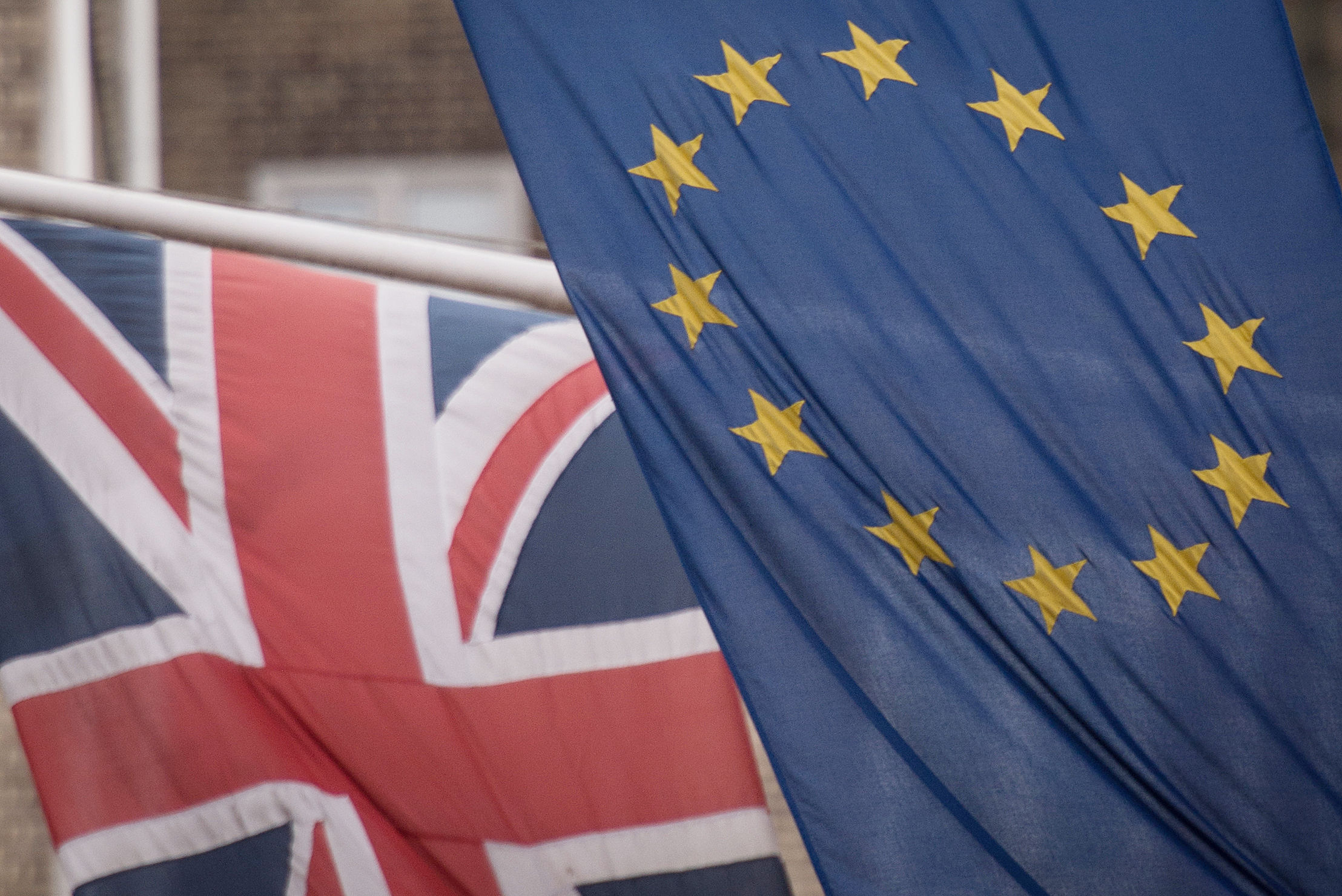
BRITONS who voted Leave in the EU referendum are more likely to describe themselves as “racially prejudiced” than those who voted Remain, according to new research.
A survey of 2,220 people found that 34% of Leave voters admitted holding racist attitudes compared to 18% of Remain voters.
The study, conducted by the National Centre for Social Research, found 26% of Britons still described themselves as “very” or “a little” prejudiced towards people of other races.
The study has been conducted annually since 1983 and the number of people saying they are racially prejudiced has never fallen below a quarter.
The figure peaked at 39% in 1987 and hit a second peak of 37% in 2011, the report Racial Prejudice In Britain Today said.
Also published in the report was new data from the European Social Survey conducted in 2014 revealing that 18% of Britons agreed that “some races or ethnic groups are born less intelligent”.
A total of 44% of the 3,000 Britons involved in the European Social Survey said that some ethnic groups were naturally harder working.
Men were more likely than women to say they were racially prejudiced, at 29% compared to 23%.
The population was also divided along party lines, with 33% of Conservative party supporters admitting racial prejudice compared to 18% of Labour supporters.
Nancy Kelley, deputy chief executive at the National Centre for Social Research, said: “These numbers provide clear evidence that a significant minority of people in Britain feel prejudiced towards people of other races.
“The findings seem to buck the trend of growing tolerance we have seen in the British Social Attitudes survey.
“Prejudice on this scale is something we as a society should be concerned about, not least as there is a significant body of evidence that even subtle racial prejudices contribute to racial inequality in areas such as education, employment and in the criminal justice system.”
Dr Omar Khan, director of racial equality think tank Runnymede, said: “We have been far too complacent about a rising wave of tolerance leading to a less prejudiced society.
“We need new ways of talking about race to tackle the stereotypes and fears of difference that give rise to unfairness.
“But even more importantly, we need policies that tackle racial inequality and enable greater social interaction between people from different backgrounds.”

Enjoy the convenience of having The Sunday Post delivered as a digital ePaper straight to your smartphone, tablet or computer.
Subscribe for only £5.49 a month and enjoy all the benefits of the printed paper as a digital replica.
Subscribe